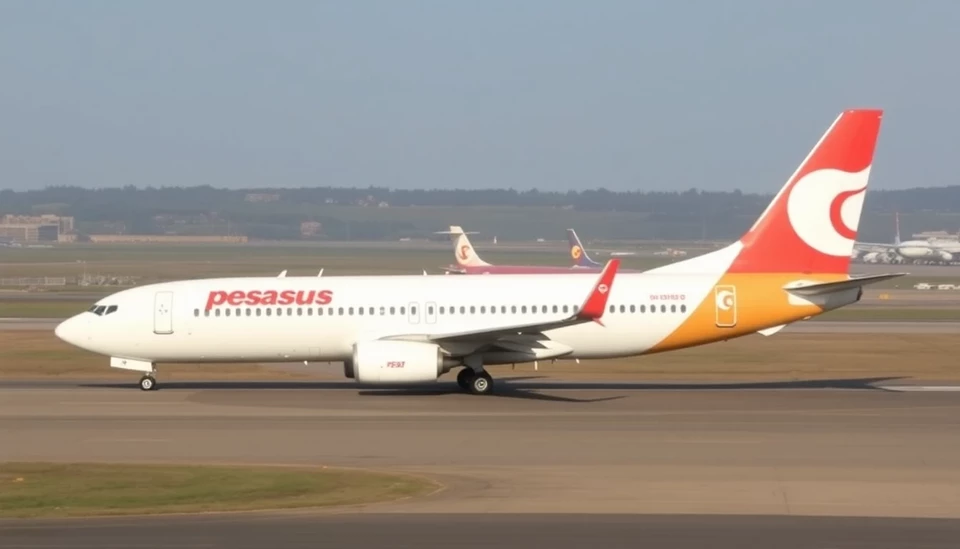
Pegasus Airlines, a prominent low-cost carrier based in Turkey, has made a significant move to bolster its fleet by finalizing an agreement to purchase up to 200 Boeing 737 jets. This landmark deal is valued at approximately $36 billion and underscores the airline's ambition to escalate its operations in the rapidly evolving aviation market.
The acquisition comprises multiple configurations of the Boeing 737, offering Pegasus Airlines the flexibility to match its fleet to a variety of route demands and operational needs. This strategic investment not only aims to enhance the airline's service capabilities but also positions it favorably against competitors in the burgeoning budget travel segment.
While the purchase is a nod to the airline's growth trajectory, Pegasus Airlines has also indicated that this fleet expansion is an integral aspect of its long-term strategy. The airline has plans to diversify its destination offerings and frequency of flights, which are crucial as travel demands surge post-pandemic.
Boeing’s 737, well-regarded for its fuel efficiency and modern technology, is expected to assist Pegasus Airlines in optimizing operational costs, which is essential for maintaining competitive pricing in the low-cost carrier market. The airline's management is optimistic that this acquisition will yield significant returns on investment and enhance overall passenger experience through modernized services.
This massive order from Pegasus comes at a time when the aviation industry is witnessing a robust recovery. With travel restrictions being lifted globally, airlines are scrambling to expand their fleets to accommodate the increased demand for air travel. Pegasus Airlines, notable for its cost-effective solutions, is poised to take advantage of this revival, potentially securing a larger market share in Europe and beyond.
The deal has also been a point of interest for financial analysts and industry experts, who suggest that it could spark a wave of similar acquisitions among low-cost carriers as they strive to modernize and expand their fleets in a competitive environment. As airlines continue to seek efficiencies and adapt to changing market dynamics, Pegasus Airlines' commitment to significant fleet growth may set a benchmark for future expansions in the industry.
Furthermore, analysts have applauded the deal as a forward-thinking decision, emphasizing its potential to not only drive innovation in services but also enhance operational resilience against market fluctuations. The rapid evolution of customer expectations in air travel underscores the necessity for airlines to continually innovate and adapt.
Overall, Pegasus Airlines' strategic investment in Boeing's 737 jets marks a pivotal moment in the airline's history as it sets its sights on becoming a leading player in the international low-cost travel sector. With this acquisition, the airline is better equipped to navigate the future of air travel, ensuring it meets the demands of an ever-expanding global customer base.
As the airline embarks on this new chapter, stakeholders will be closely watching to see how Pegasus Airlines leverages its new assets to enhance operational efficiency, increase its route offerings, and ultimately provide travelers with more affordable options in the skies.
#PegasusAirlines #Boeing737 #AviationNews #LowCostCarrier #FleetExpansion #AirTravel #AviationIndustry #InvestmentOpportunity #TravelRecovery
Author: Samuel Brooks




